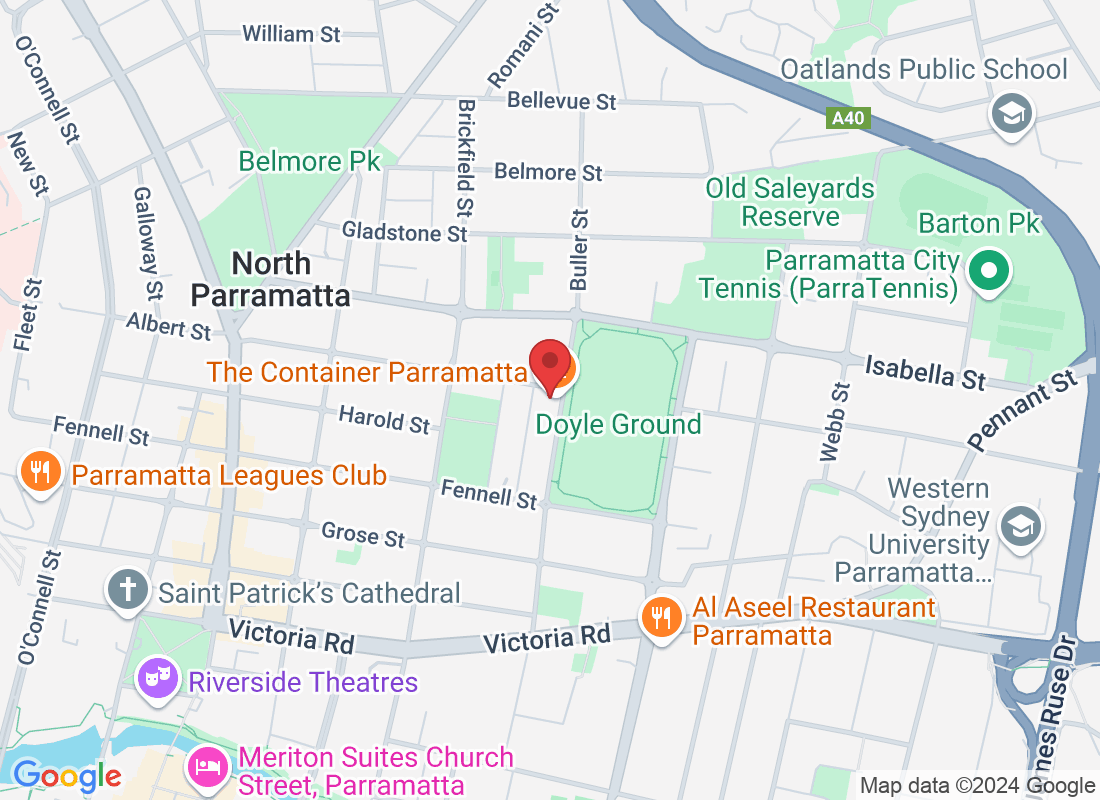
Arthritis in the Shoulder: Managing Pain and Maintaining Function Without Surgery
Shoulder arthritis can make everyday tasks challenging, from reaching overhead to simply getting dressed. While arthritis may feel like a life sentence to discomfort, the good news is that there are non-surgical approaches to managing pain and maintaining shoulder function effectively.
Understanding Shoulder Arthritis
Shoulder arthritis occurs when the cartilage in the shoulder joint wears down over time, causing pain, stiffness, and reduced mobility. This condition can develop due to aging, previous injuries, or overuse. Common types of shoulder arthritis include osteoarthritis and rheumatoid arthritis.
The symptoms often progress gradually, starting with mild discomfort and eventually affecting daily activities. Pain may worsen with movement or after periods of inactivity, and swelling or tenderness in the joint is common.
Non-Surgical Approaches to Shoulder Arthritis
Managing shoulder arthritis without surgery involves a combination of strategies designed to reduce pain, improve mobility, and strengthen the joint. Here’s how physiotherapy and other non-invasive treatments can help:
1. Physiotherapy
Physiotherapy focuses on restoring movement and reducing pain through tailored exercises. Strengthening the muscles around the shoulder joint can improve stability and reduce strain on the joint. Range-of-motion exercises help maintain flexibility, preventing stiffness.
2. Manual Therapy
Hands-on techniques, such as joint mobilizations, can help reduce pain and improve mobility. These techniques are often paired with other therapies for enhanced results.
3. Heat and Cold Therapy
Applying heat to the shoulder can relax muscles and improve circulation, while cold therapy reduces inflammation and numbs pain. Alternating between the two can be especially effective.
4. Lifestyle Adjustments
Simple changes, such as using ergonomic tools, modifying movements, or avoiding activities that stress the shoulder joint, can significantly reduce discomfort.
5. Medications
Over-the-counter anti-inflammatory medications can provide temporary relief. Always consult a healthcare provider before starting any medication.
6. Assistive Devices
In some cases, using supports like braces or slings can help reduce strain on the shoulder during activities.
The Importance of Early Intervention
Catching shoulder arthritis early can make a significant difference in how well it can be managed. Seeking physiotherapy at the first signs of pain or stiffness allows you to slow the progression of arthritis and maintain shoulder function.
Staying Active Despite Arthritis
It’s important to stay active while managing arthritis. Low-impact exercises such as swimming or using resistance bands can help strengthen the shoulder without placing too much stress on the joint. Your physiotherapist can recommend safe and effective activities tailored to your condition.
Take Control of Your Shoulder Health
Shoulder arthritis doesn’t have to take over your life. With the right approach, you can manage pain, maintain mobility, and continue to enjoy your daily activities. Physiotherapy offers a safe and effective way to address arthritis symptoms and improve your quality of life.
If shoulder arthritis is holding you back, contact us today to learn how we can help you move better and feel stronger—without surgery.



